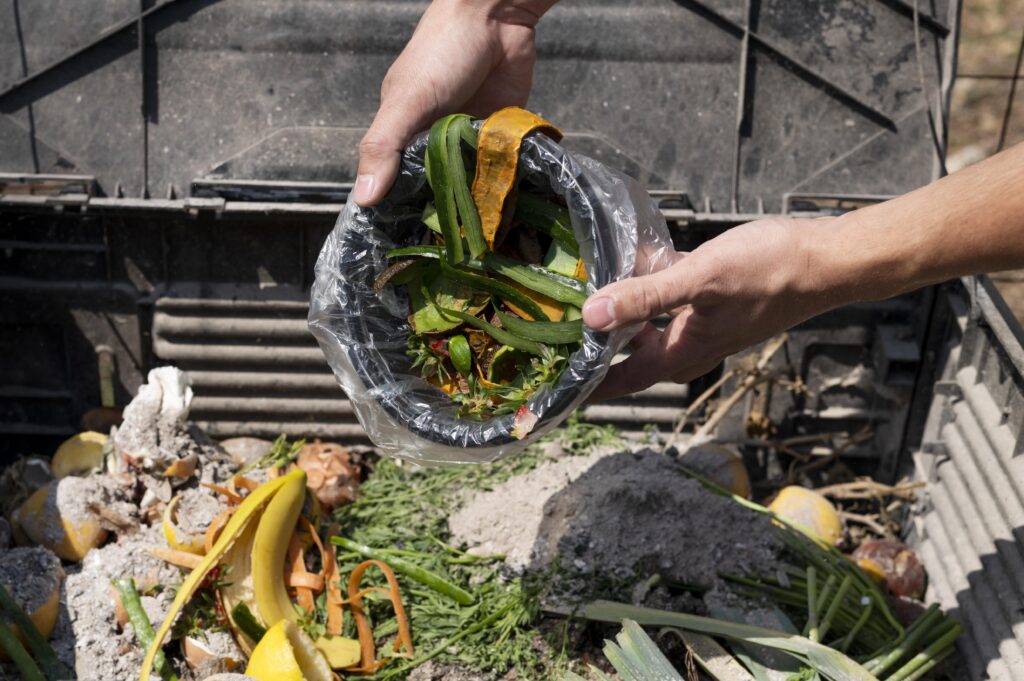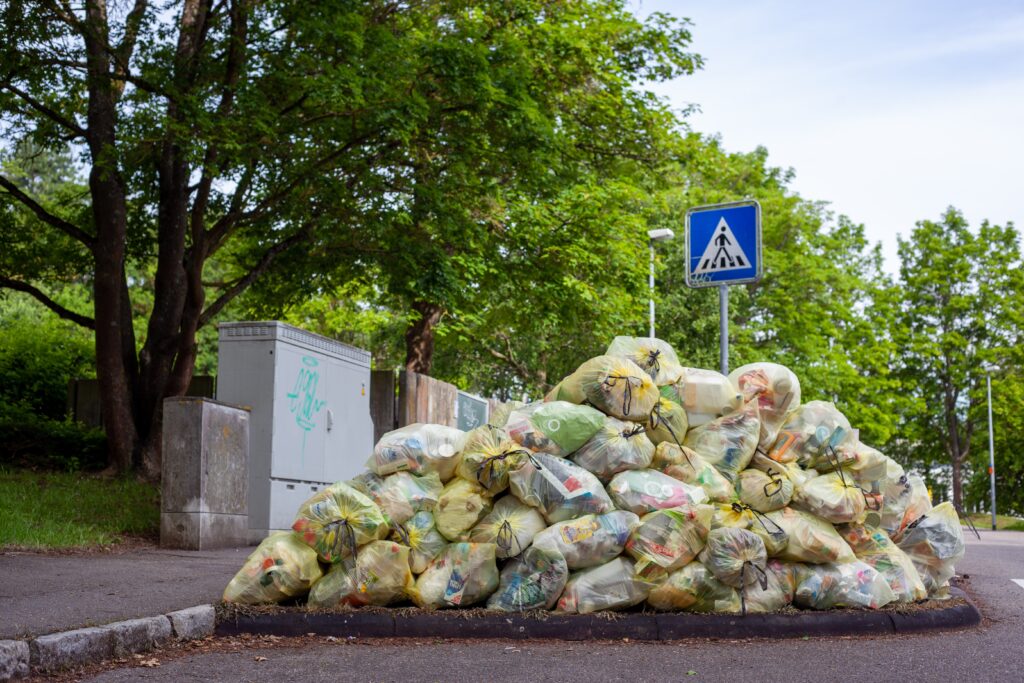The daily waste produced by the food business is staggering. The cost to your business and the environmental impact of food packaging, takeout containers, and the food itself may add up quickly. A growing number of eateries are taking measures to better manage their trash by, for example, incorporating recycling and organics streams and creating a streamlined, user-friendly system. A streamlined recycling programme that has the support of both employees and customers can have positive effects on your financial line, your reputation, and the world around you. Consider just a few of the many positive outcomes that can result from an effective waste management initiative:
Economic Impact –
Money is definitely the first thing on your mind. It’s common knowledge that it costs money to launch a new programme or to update an old one, but there are also many ways in which doing so might yield financial savings. Not only can recycling have positive effects on society and the environment, but it may also help the bottom line in the following ways:
Reduced Costs of Garbage Collection Garbage collection may be very expensive, especially in crowded urban areas or rural regions. The cost of trash removal can be reduced by as much as half if restaurants recycle their paper, plastic, and other recyclables. Although the exact cost of recycling collection can vary depending on the facility, it is undeniably expensive. However, the cost of recycling collection is typically offset by the money you save by having your trash hauled away less frequently.

According to the findings of research conducted by Trash Wise, “Recycling is a significant part of the national and state economy, provides jobs, and saves money for waste generators.” All of the featured organisations in this report—companies, educational institutions, and municipal governments—are aware of the environmental and financial benefits of recycling. When the economy is doing well, more people are able to spend money at restaurants, which is a direct result of the number of jobs supported by the recycling business. Many recyclables have marketable and re-useable qualities. This not only encourages a circular economy but also gives your recycle transporter a chance to save money.
People are more likely to refrain from littering and throwing rubbish in inappropriate areas when they are given more options and informed about the system in place to deal with unwanted materials. This has the dual benefit of cutting down on the need for janitorial or wait-for personnel, which means you can spend less money on maintaining a spotless establishment and give more of your money to the bottom line. Cleaning up after oneself is easier if you encourage customers and employees to use your new and improved waste management system inside and outside the restaurant with the help of waste management consultants.
Social Impact –
When a facility is doing well, management is generally motivated to support local non-profits and social issues. So, what societal gains might be expected if you improve your waste management system?
Restaurants that make an effort to recycle and gather organics demonstrate their commitment to caring for the environment.
Taking environmentally responsible acts demonstrates a dedication to a greener future, which might encourage guests and staff to take additional greening measures on their own.
Greater employment opportunities result from establishing environmentally responsible community standards. Collectively, these positions contribute to a future in which our society is more sustainable and resilient. The Institute for Local Self-Reliance found that the number of persons employed in the recycling industry was ten times higher than in the garbage industry.
When recycling is promoted in all facets of a community, residents feel more obligated to do it on an individual basis.
Similarly, there is social pressure to maintain clean public spaces. The presence of waste, recycling, and organics bins in a clean, well-maintained area increases the likelihood that visitors and guests will utilise them properly.

Environmental Impact –
Every day, there is a greater need to take action to protect the environment, and restaurants are under more pressure than ever to adapt. Expanding a facility’s collection beyond waste to include recycling and organics while also properly promoting its programme is one of the best methods for it to make a significant impact.
The primary environmental advantages of recycling are probably already well known to you, but let’s review what recycling in your park or leisure area can accomplish for the environment:
Recycling reduces pollution from waste since landfills frequently emit hazardous chemicals and greenhouse gases from plastics and other recyclable materials.
Recycling lessens the demand for raw materials, enabling the protection of natural habitats and the preservation of rainforests.
When things are created from raw materials, significant amounts of energy are used. Recycling uses a lot less energy than production, helping to protect natural resources.
Recycling has many additional environmental advantages, but have you thought about the advantages of having an organics collection programme at your restaurant?
Every day, enormous volumes of food are wasted in the food service business. Some people think that once the food is in the garbage, it will just start to degrade, but this is usually untrue. There are numerous ecological advantages to removing organic waste from the garbage stream, including but not limited to the following:
Lowering methane emissions, which are 21 times more potent than CO2 as a greenhouse gas.
reducing the production of leachate, a toxic flow that endangers both surface and groundwater.
Nutrient recycling enhances soil health and lowers the requirement for chemical fertilisers.
increases soil’s capacity to hold water and reduces runoff.
Aside from organic waste, landfills are the main source of greenhouse gas emissions in the US. According to the Environmental Protection Agency, methane produced by decomposing waste is nearly twenty times more powerful than carbon dioxide at trapping heat in the Earth’s atmosphere. Having said that, all of the waste produced in your neighbourhood is dumped in landfills and contributes significantly to climate change.
As with any discussion of environmental change, the prevailing opinion is that any of these efforts amount to nothing; nonetheless, your program has a lot greater impact than you might imagine. Making these kinds of adjustments to your waste management consultants helps you follow waste management practices not only raises the bar for all other eateries but also sets a good example for everyone who enters your establishment and motivates them to recycle and dispose of their garbage properly in everyday situations. Making program adjustments shows how concerned your company is about the environment and could inspire thousands of other people to reconsider their recycling practices.